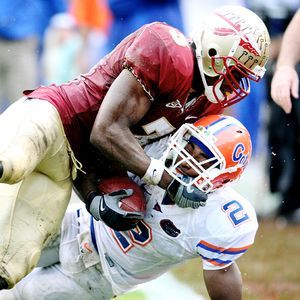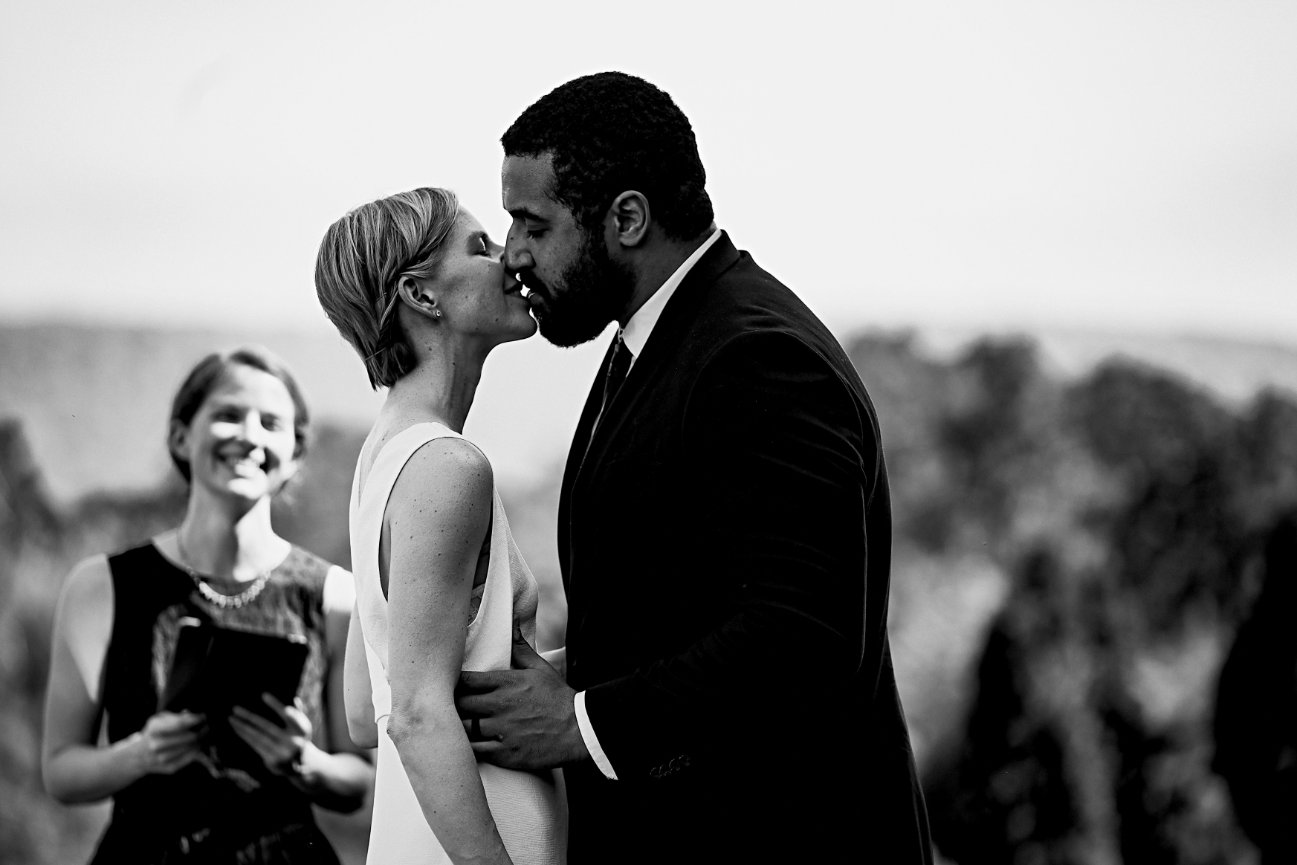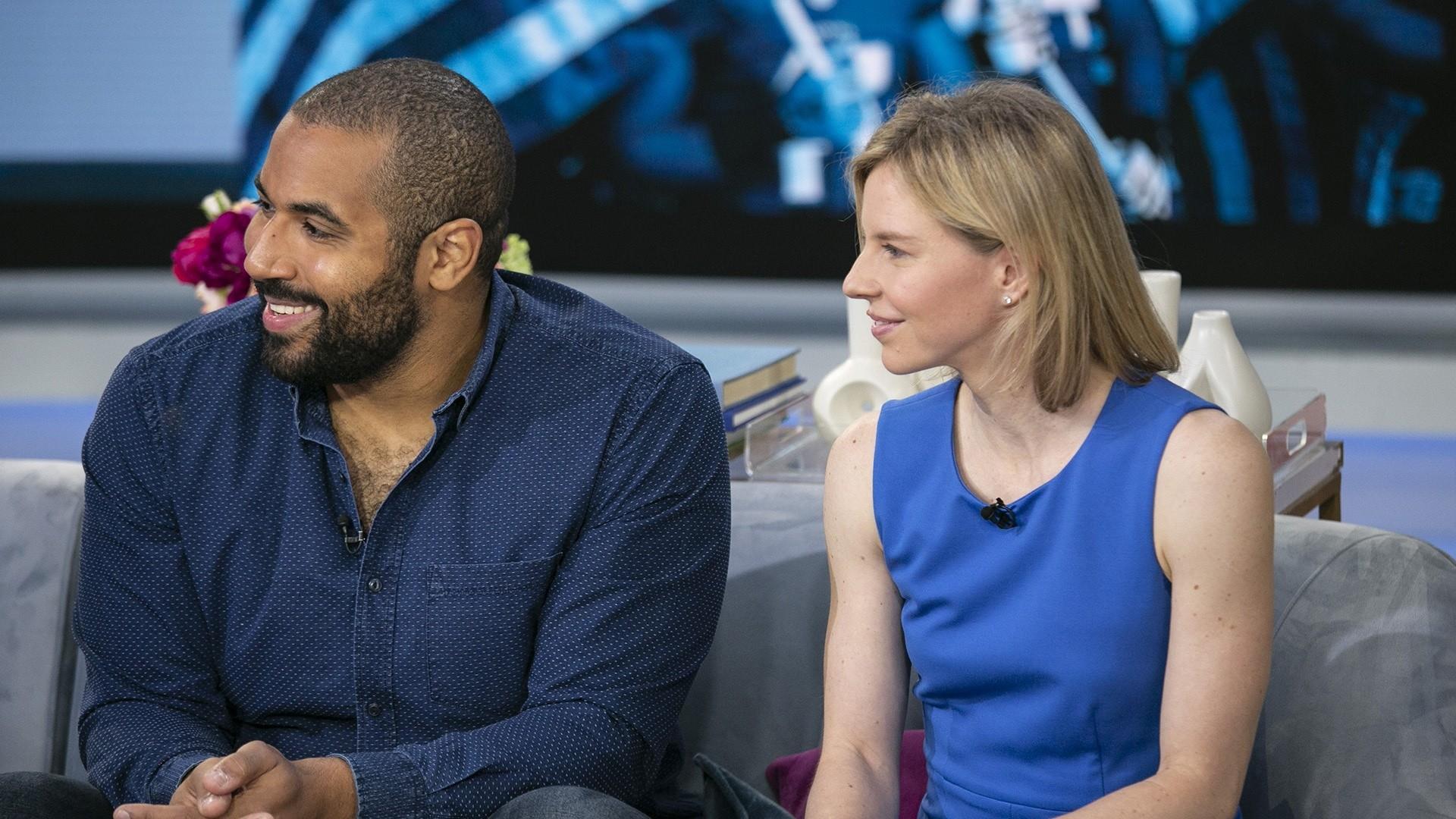Clearly, the NFL was already worried about Rolle's intellect. By the time of the 2010 draft, the former first-round prospect was listed as a likely third- or fourth-round pick. He then slipped all the way to the sixth round, drafted 207th overall, by the Tennessee Titans. He signed a four-year, non-guaranteed deal worth the league minimum salary.
Still, he was elated to be a on an NFL team, fulfilling one of his two lifelong dreams. And in training camp, Titan linebackers coach Dave McGinnis told Rolle that he not only had the talent, but the skill and the body to have a lengthy career. According to Rolle, this was a common sentiment from other coaches as well. (McGinnis, along with Rolle's former defensive coordinators, did not return repeated attempts to comment on this story.) At first, it seemed as if the only thing the Rhodes decision cost Rolle was money, a minor consideration for him. He would still catch on, have a career, and then go on to medical school. Everything was working out.
But Rolle soon realized his coaches were not treating him like other players. Instead of discussing football with him, they spoke to him as if he was some kind of a curious specimen rather than a football player. "The conversation wasn't ‘Hey Myron, I like the way you got on the hash mark, backpedaled, found the receiver in a Cover 2.' It was more like ‘Myron, so how do you know President Clinton?'" a reference to a trip he took to Africa with the former president and others as part of the Clinton Global Initiative. "The coaches and general managers, they wanted to ask me about how I felt about health care in the United States right now. Going for the Rhodes, it really put a label on me that was hard to shake, and frankly I don't think that I did shake it."
Up to this point, everything Rolle had done was with two careers in mind, one after the other. To him, there was nothing about an NFL career that would prohibit him from being a successful neurosurgeon, and vice versa. But once he arrived in the NFL, it became clear to him that his Oxford choice was not a false one. One could have either football, or a life without the game, not both.




 :
:
